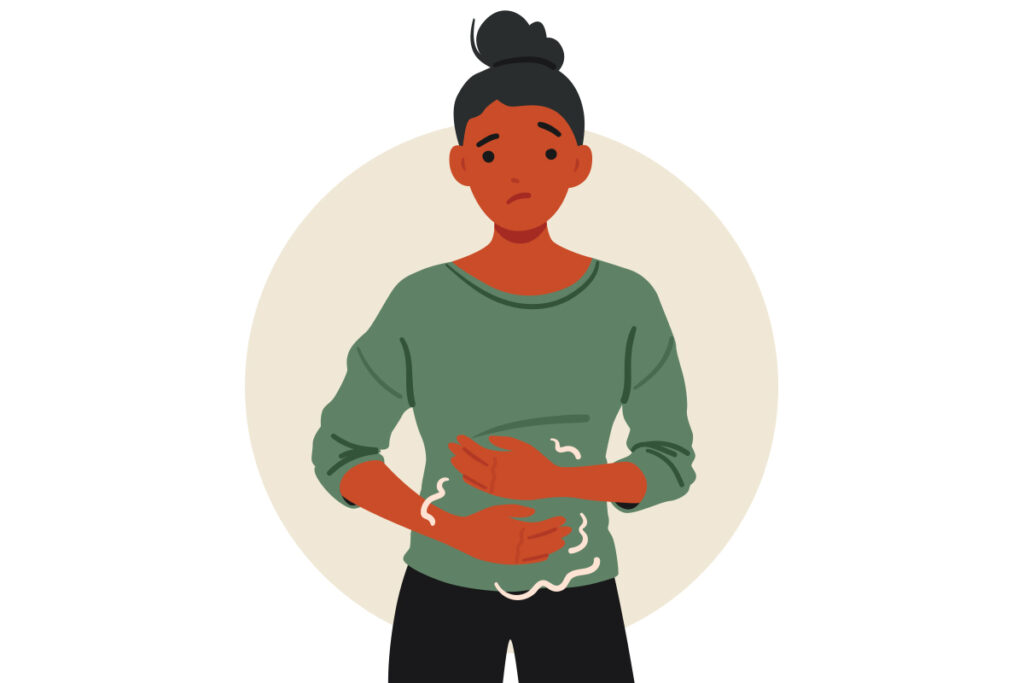8 Steps Towards a Healthy Pregnancy
Because a pregnant woman’s lifestyle significantly affects the child growing within her, one of the first questions she often asks is “what is safe?” Soon-to-be mothers can take note of the following dos and don’ts from credible health sources to help ensure the health and well-being of their developing child.
Compiled By Jenni Frankenberg Veal
Medicines
According to the Cleveland Clinic, while some medicines are considered safe during pregnancy, the effects of other medicines on an unborn baby are unknown. A woman should always ask her doctor about the safety of prescription medicines and over-the-counter medicines. Verdict: Be cautious.
Fish/Sushi
The FDA suggests that pregnant women not eat more than 12 ounces of fish per week due to mercury levels. Albacore tuna should be limited to 6 ounces per week. Swordfish, shark, king mackerel and tilefish should be avoided entirely. Verdict: Limit or avoid.
Sex
According to the March of Dimes, it is safe for a woman to have sex during pregnancy unless she has certain health complications or her doctor advises her otherwise. Verdict: It’s safe (if not at risk).
Caffeine
According to the American College of Obstetricians and Gynecologists, moderate caffeine consumption (about 12 ounces of coffee) doesn’t appear to cause miscarriage or preterm birth. Verdict: Limit to one cup a day.
Alcohol
The American College of Obstetricians and Gynecologists stands firm on its “no alcohol” policy during pregnancy. Risks to the fetus from alcohol use during pregnancy include fetal alcohol syndrome, a collection of symptoms leading to severe learning disabilities and social disabilities. Verdict: Never safe.
Smoking
According to the March of Dimes, smoking doubles the chances of having a baby with a low birthweight and increases the risk of premature birth. Premature and low-birthweight babies face a risk of serious health problems during the newborn period as well as chronic lifelong disabilities. Verdict: Never safe.
Artificial Sweeteners
According to the Mayo Clinic, use of aspartame and other artificial sweeteners within FDA-recommended intake limits appears to be safe for pregnant women. However, because saccharin can cross the placenta, the Council on Scientific Affairs suggests that women use saccharin carefully during pregnancy. Verdict: Safe except Saccharin (maybe).
The Litter Box
Toxoplasmosis, an infection caused by a tiny parasite that lives in the intestines of animals, can be found in a soiled litter box. According to Nemours, there may be serious consequences for a baby if a woman handles soil or litter with feces infected with the parasite. These include prematurity, poor growth and severe eye and brain damage. Verdict: Have Johnny do it.
For more information on whether something is safe, see this website from the American Pregnancy Association: www. americanpregnancy.org/isitsafe/.




